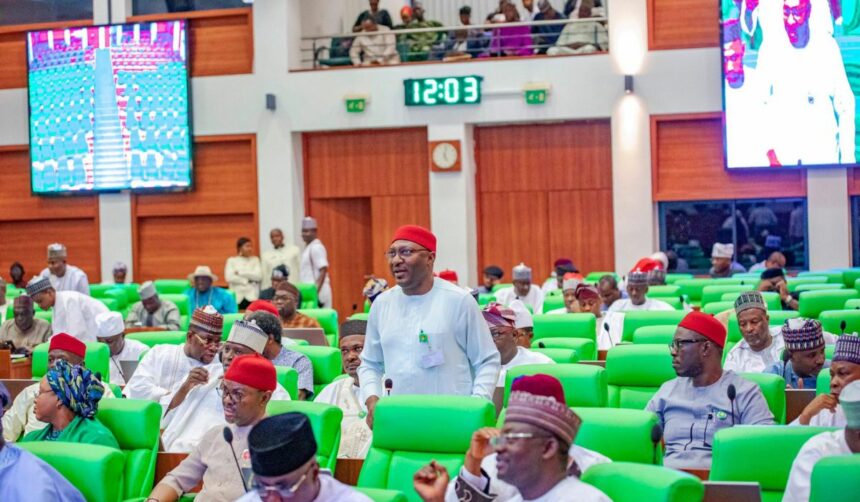The House of Representatives has welcomed the recent reduction in electricity tariffs by about 8 per cent by the Nigeria Electricity Regulatory Commission (NERC), emphasizing that more actions are needed to address the challenges in the sector.
Following the directive from the House at its plenary on Tuesday, April 30, urging the Commission to reverse the tariff increase, a special committee comprising the Committees on Power, Commerce, Delegated Legislation, and National Planning was set up.
The committee’s mandate is to organize a public hearing with stakeholders in the Nigerian Electricity Supply Industry (NESI) to discuss price regulation.
Expected participants at the hearing include the Minister of Power, Chairman and Commissioners of NERC, executives of electricity distribution and generation companies, as well as representatives from the Nigeria Labour Congress (NLC), the Trade Union Congress (TUC), and chambers of commerce in Nigeria.
House spokesman Akintunde Rotimi (APC, Ekiti) confirmed that the House is proceeding with the planned public hearing to find lasting solutions to frequent tariff increases.
Rotimi stated that the House intends to explore legislative measures to address the issue to the satisfaction of all Nigerians.
He reiterated the commitment of the House, as expressed by Speaker Abbas Tajudeen at a recent power sector summit, to address the issues surrounding the constant tariff increases.
Rotimi emphasized that while the reduction in tariff is welcomed, the House is looking beyond the current situation and expects further actions in the future.
Meanwhile, the Federal Government has commenced the unbundling process for the 11 electricity distribution companies (DisCos), restructuring them along state lines.
The Minister of Power, Adebayo Adelabu, disclosed this during a visit by the Senate Committee on Power, led by Senator Eyinnaya Abaribe, to the ministry in Abuja on Monday, April 22, 2024.
Adelabu emphasized that while the privatization of the DisCos would not be reversed, breaking them into more efficient structures along state lines would enable them to fulfil their mandates effectively.










